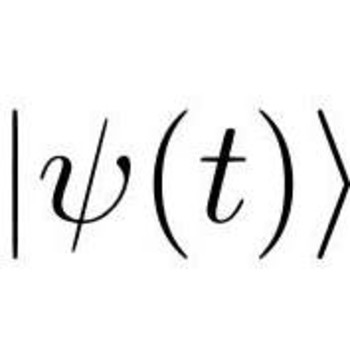E^4x + 3e^-4x = 6 x=?
e^4x + 3e^-4x = 6
e^4x + 3e^-4x = 6
2 Answers
Explanation:
Given:
Let
Notice how,
Therefore, replacing
Multiply by
Using the quadratic formula, we get:
Replacing
Take natural logs on both sides.
Do you mean the following expression?
Explanation:
It is important that the expression becomes right. But rather than do the whole calculus, I'll lead you on your way.
To solve such an expression, please note that
That gives
Get rid of y in the numerator place by multiplying each term with y. This gives the following 2nd degree equation:
You solve this equation the normal way, which gives you two solutions
As
Check:
=
=

